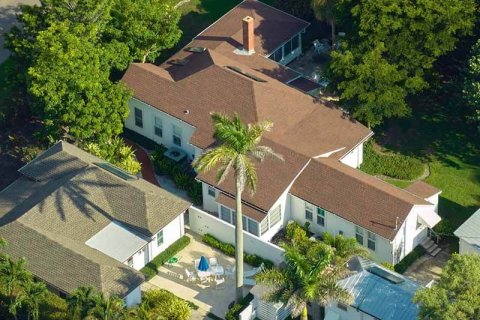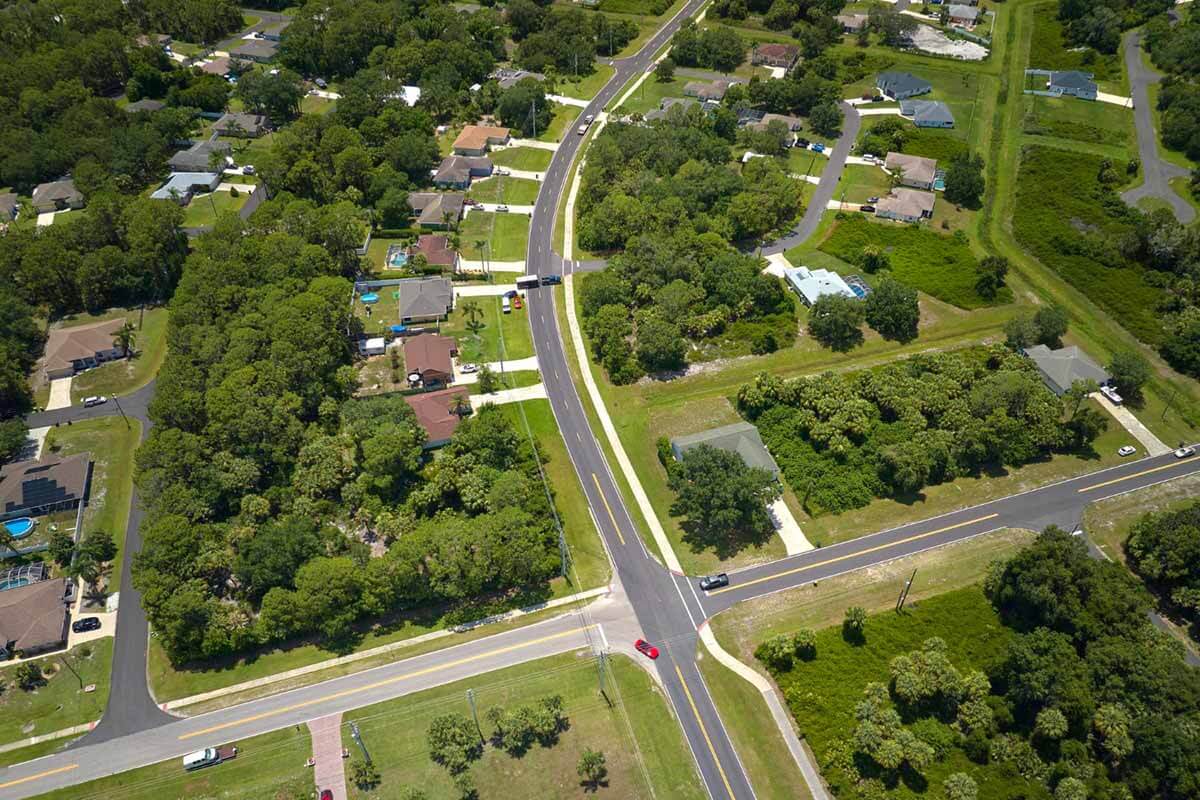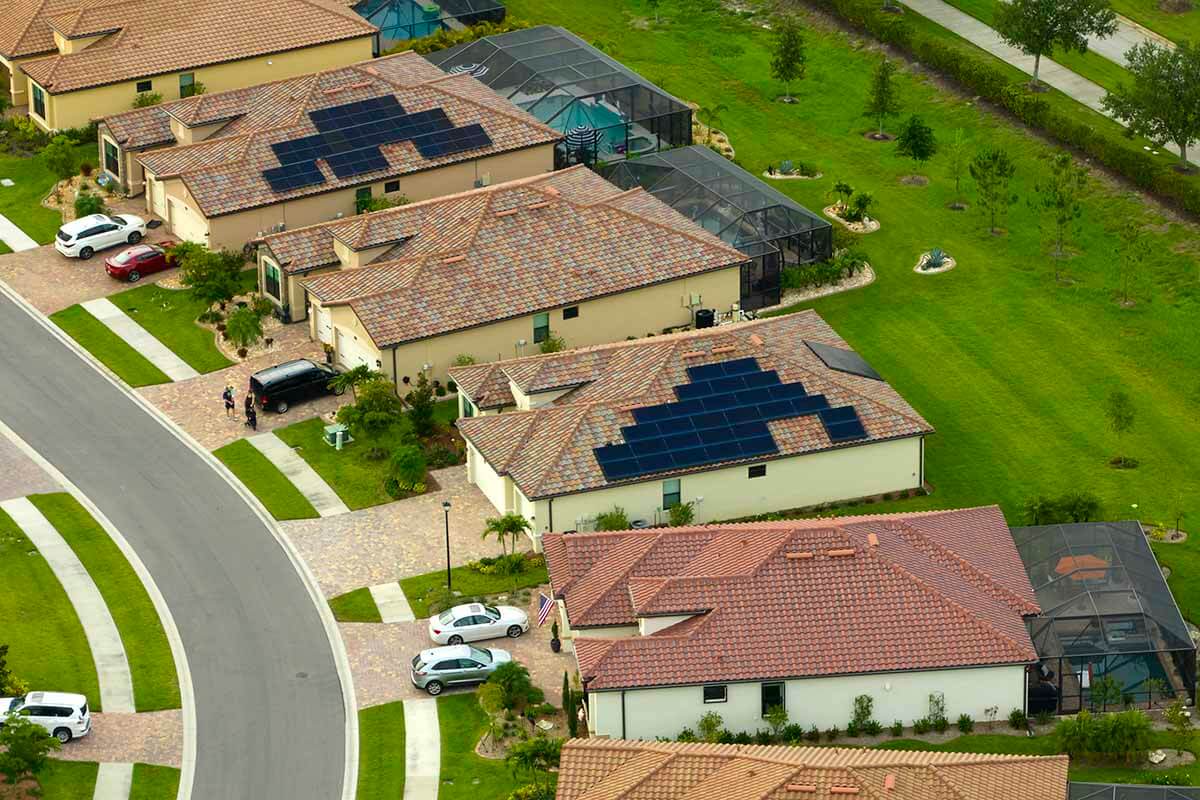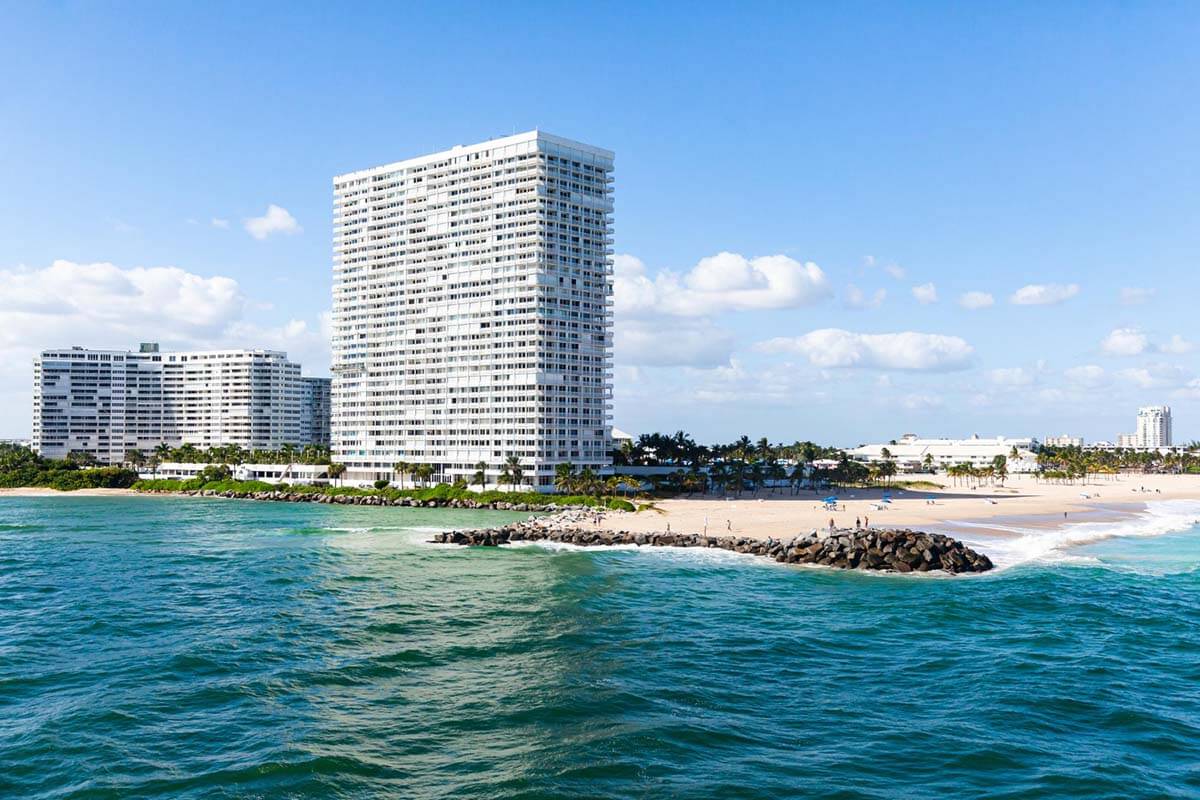
If foreign nationals want to buy real estate in Florida, US, it is important for them to have a good understanding of what this process involves. It can be particularly difficult for those who are buying a house or apartment in Florida for the first time and have little idea how to approach this and what to pay special attention to. Let us walk you step-by-step through the secrets of choosing property in the secondary market or in one of off-plan projects in Florida.
Make a Priorities List
Before you start looking for your ideal home, it is handy to make a list of priorities, i.e., those qualities of your future property that are especially important to you as a buyer. Think about why you want to own real estate specifically in Florida, how it will be used, which location you prefer, let’s say, a city or a village, and whether you need special amenities or social facilities nearby such as a swimming pool, gym, kindergarten, school, or hospital. Having a clear and precise idea of what kind of residential property you are looking for will make the selection process as easy and enjoyable as possible.
Rank your priorities in order of importance: what characteristics your home must have and what you can give up if everything else in an apartment or house in Florida suits you.

Find a Reliable Real Estate Agent
A real estate agent is your guide to the local real estate market. It is not recommended to buy a home in Florida, or in other regions of the United States for that matter, without an experienced realtor. The buyer usually does not incur any extra costs, as it is the seller who typically pays the agent commission.
An experienced agent works for you: they are ready to help and support you in the often confusing process of buying a home, and years of work in the market allow them to understand what to look for first and how best to protect their client. An agent can help you navigate the state’s vastly diverse real estate market, get the best deal for the price, and close the deal without breaking any law.
Here’s a tip: Do not sign a contract with the first agent you come across! Conduct a series of interviews and choose to collaborate with someone who knows your target neighbourhoods and communicates well with you. Pay attention to the following factors:
- Number of transactions in the last year (the more the better!);
- Experience in your price range;
- Overall review score;
- Individual reviews and complaints.
A real estate agent will be your main ally in the process of buying a home in Florida. In addition to finding and showing properties, they will help you make an offer, negotiate a contract, and close the deal successfully. What’s more, they can refer you to other service providers such as title companies and inspectors to help you buy a home in Florida.
Book a Trip
If you do not know Florida well, it is important to first get to know this state and specifically the city or cities where you plan to buy property. For example, there are “bad” and “good” neighbourhoods in every major US city, which is important to be aware of before choosing a home. If you do not have time to make a trip, you can use Google Maps and thoroughly go through the reviews of local residents. You should also check with your agent about the specific property laws in a particular municipality.

Prepare Money for an International Transfer
Exchange rates are constantly fluctuating. When converting a large amount, a difference in the final property cost in national currency can be huge. Buying real estate overseas often involves sending a large amount of money internationally, so do not leave the exchange rate to chance or risk high transfer fees. Find out in advance how you will transfer money, seize the moment with a favourable exchange rate for you, and prepare the necessary amount in US dollars in an account from which you can quickly and easily pay for the property of your choice.
You can minimise the impact of these fluctuations by working with an international payments specialist. They will be able to explain the market to you and suggest tools to help you get the rate you want, such as a foreign exchange forward contract. An experienced realtor can recommend such a specialist.
Set aside Money for Extra Expenses
- When considering the cost of owning an apartment or villa in Florida, it is important to be aware that there will be extra expenses related to the purchase process.
- Closing costs, which are payable after you make a deposit, can be quite high. For them, you should set aside about 5% of the property value. These costs include:
- Property tax, which is calculated annually. It is usually billed to you or your mortgage lender. In the US, it is commonly referred to as escrow billing.
- Sales and use tax, tourist development tax. Both taxes are payable in Florida, and the rate of each depends on which county you are in.
- In addition to building and contents insurance, you may want to consider additional liability insurance if you plan to rent out your property.
- It is also important to research US income tax and find out if you will have to pay it there or pay tax on foreign income in the country of which you are a citizen.
Select a Property
By this point, you have roughly decided on a city or at least a region of Florida: southern, central or northern, on the coast of the Gulf of Mexico, or near the Atlantic. Look for neighbourhoods in the selected region where:
- Properties are within your price range.
- Housing prices have been growing in the last 1–2 years.
- Local amenities fit your lifestyle.
Currently, the typical value of a home in the state is $406,988 (the median value is slightly lower), but do not worry if that price does not quite fit your budget. Housing prices vary greatly from city to city and even from neighbourhood to neighbourhood! Moreover, look at previous trends in home prices. This will give you an idea of how much the value of your house or apartment in a development project in Florida could rise in the next few years.

Explore Seasonality in the Florida Housing Market
When you are looking for a home in the Sunshine State can greatly affect the number of available options. Historically, most homes in this state are sold in March. Property hunting this time of year can give you more options and a greater chance of finding your dream home. On the other hand, there are 23.9% fewer homes sold in Florida in December than during the peak season. This reduces the supply, while also allowing the buyer to negotiate price with the seller from a position of strength: if the seller puts their property on the market in December, they most likely need money and want to sell it as soon as possible.
Make Your Offer
Once you find a home you like, it is time to make your offer. Your real estate agent will help you with this. If you are searching for a home in March, be prepared to act quickly—as mentioned above, at this time of year, residential properties in the state sell like hot cakes.
Send an Inspector and Appraiser to the Home
For Florida, a home inspection is a very important step. At this stage, you can either back out of your offer or use the inspection report to get the price reduced.
A licensed professional inspects the home for any non-obvious or potential problems.
An appraiser (if you buy a home on a mortgage, an appraiser will be sent out by your bank) inspects the home to assess how much it costs.
Having a Florida home inspected by a licensed inspector gives you confidence in the condition of the property before you spend thousands of US dollars to purchase it.
An inspector must examine the following components of a home:
- Roof;
- Foundation;
- Electrical system;
- Heating, ventilation, and air conditioning systems;
- Plumbing;
- Septic system (if applicable).
In Florida, you should additionally request a home inspection for termites and other pests.
Sellers in Florida are required to disclose certain known problems the property has, however, other flaws can only be seen upon thorough inspection of the structure. Conducting an additional examination before closing a deal can help protect your health and wallet in the long run.

Close the Deal
Closing a deal to buy a new home in Florida requires two major tasks. First, after paying the purchase price, you will review and sign the necessary paperwork to transfer the title to your name. You will then pay the costs of closing the deal to become the official owner of the home.
On closing day, get ready to sign a lot of paperwork. You should request all papers in advance to read them and make sure you understand them.
Important forms and documents you must familiarise yourself with include:
- Purchase and sale agreement
- Property disclosure statement
- Mortgage (if applicable)
After completing the paperwork, the buyer pays the costs of closing the deal to the title company. The title company will take care of the distribution of funds among all service providers.
Generally, closing costs that homebuyers should expect can be divided into four main categories:
- Title and escrow costs: Fees payable to the title company to transfer property to your name. These costs include the title company’s settlement fee, title insurance, and title search costs.
- Prepaid costs: Recurring costs of homeownership. Most mortgage lenders require borrowers to pay property taxes and homeowner’s insurance fees up front.
- Other closing costs: Various costs depending on the individual buyer. Closing costs may include pest inspection fees, certification costs, and other services required to purchase a home.
- Loan origination fees: Fees payable to the lender for processing and underwriting your loan. These do not apply if you purchase a home with cash.
